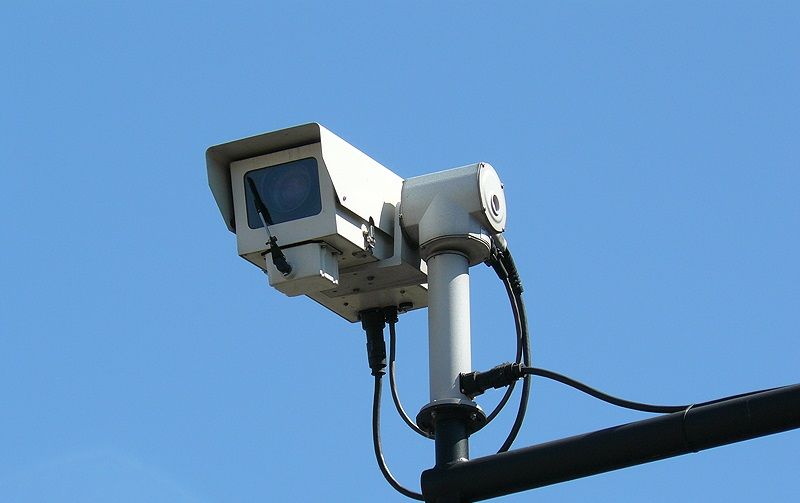Democracies Have Developed Into Surveillance States - Now This Power Could Fall Into the Hands of Extremists
In the US and in Europe fascists are on the rise: Donald Trump could become the next president of the USA, the right-wing extremist Marine Le Pen could rise to power in France, and the right-wing extremist Norbert Hofer only failed to come to power in Austria by about 30.000 votes. Extremism is on the rise in many Western democracies, and this should worry us all.
Security Above All Leads to Mass Surveillance
Since 9/11 - the horrific attacks on the World Trade Center in New York - governments around the world have ruled with one maxim: “To favor security whenever in doubt.” This simple statement was explanation enough to pass almost every surveillance law. However, on closer inspection this statement omits something that is very important. Security above all else also means: Surveillance above all, even above basic democratic rights.
Fascists Are on the Rise in Many Democracies
Nowadays extremist politicians become more and more popular in numerous countries - most of the time by again stoking fears of terrorist threats. They use right-wing and extremist rhetoric to gain votes and power. It seems only a question of time until one of these fascists will rise to power in a Western democracy. But: Will a Western democracy and its democratic structures survive four years of extremist rule?
History tells us otherwise: Germany used to be a democracy, and Hitler was elected like any other politician before he turned the country into a dictatorship. Even nowadays, we can watch such a development: Erdogan was elected democratically in Turkey. Today he is known for threatening journalists, sending them to prison, persecuting oppositional politicians and so on.
Democracies Might Lose Again
During the past fifteen years security politics has undermined democratic principles. Data preservation, phone surveillance, and all the other surveillance techniques used by three-letter agencies that Edward Snowden uncovered three years ago. Democracies have done everything possible to enlarge the power of their authorities against their own citizens.
We have arrived at a position where democracies have created so powerful surveillance instruments that this can endanger democracy.
The Powers Created to Defend Threats to Our Democracies Might Destroy Democracy Itself
And it is not a theoretical construct anymore: A fascistic narcissist could become the next US president. He would be the head of the all-powerful surveillance apparatus that the presidents before him have created.
Another example is France: President Hollande has passed fierce surveillance laws and called out the ‘state of emergency’ after the Paris attacks. This state - over half a year later - is still active because of the European championship being held in France.
This might seem like a good decision, but again it shows: If in doubt in favor of security. Problematic is the fact that all criteria of a Western constitutional state are being treated as if they were none-existent. For instance, people can be imprisoned on so called ‘blank notices’ - no reason must be given, the Interior Ministry can simply issue these notices (German Source). And this is just one example of the powers given to the authorities while the ‘state of emergency’ goes on and on.
Once the Weapon Is Created It Does Not Ask Whether a Nazi Is Shooting
The power of the authorities has increased tremendously in the name of security. But the power to defend state enemies includes the problem that the definition of ‘state enemy’ can change quickly.
Soon the threat of which surveillance criticists have warned all along might become a reality: That authoritarian and anti-democratic people could be voted into power.
We Call for a Different Maxim: If in Doubt in Favor of Human Rights
As sad as it is: All-round security can never be achieved. We need to stop giving up our democratic freedoms for a bitter-tasting feeling of security. A better maxim for politicians could be: Whenever in doubt in favor of our basic human rights - and in favor of privacy and freedom of speech.
We at Tutanota are committed to protect everybody’s privacy. That’s why we offer our secure email accounts for free, and fight for privacy in a very simple way: with all-round encryption. Sign-up for your own encrypted mail account now. We should all start to protect our private communication right now. After all we never know when we are going to need our privacy: In four years, in eight years - or, possibly, already by the end of this year.

